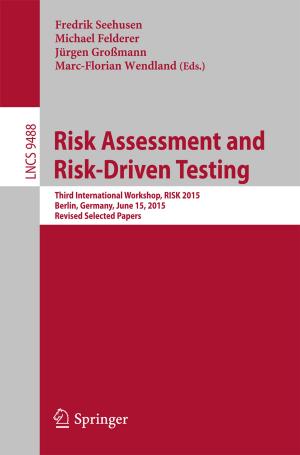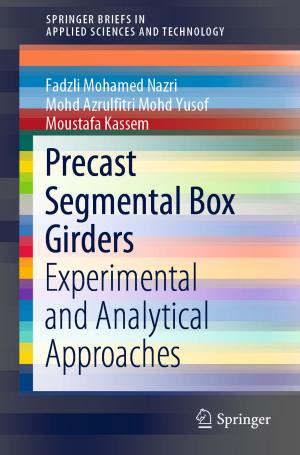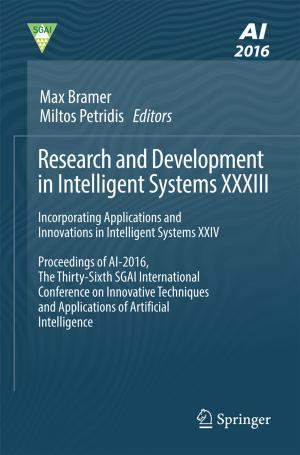DataFlow Supercomputing Essentials
Algorithms, Applications and Implementations
Nonfiction, Computers, Computer Hardware, Operating Systems, General Computing| Author: | Zoran Babovic, Igor Dundic, Veljko Milutinovic, Nemanja Trifunovic, Milos Kotlar, Marko Stojanovic | ISBN: | 9783319661254 |
| Publisher: | Springer International Publishing | Publication: | December 11, 2017 |
| Imprint: | Springer | Language: | English |
| Author: | Zoran Babovic, Igor Dundic, Veljko Milutinovic, Nemanja Trifunovic, Milos Kotlar, Marko Stojanovic |
| ISBN: | 9783319661254 |
| Publisher: | Springer International Publishing |
| Publication: | December 11, 2017 |
| Imprint: | Springer |
| Language: | English |
This illuminating text/reference reviews the fundamentals of programming for effective DataFlow computing. The DataFlow paradigm enables considerable increases in speed and reductions in power consumption for supercomputing processes, yet the programming model requires a distinctly different approach. The algorithms and examples showcased in this book will help the reader to develop their understanding of the advantages and unique features of this methodology.
This work serves as a companion title to DataFlow Supercomputing Essentials: Research, Development and Education, which analyzes the latest research in this area, and the training resources available.
Topics and features: presents an implementation of Neural Networks using the DataFlow paradigm, as an alternative to the traditional ControlFlow approach; discusses a solution to the three-dimensional Poisson equation, using the Fourier method and DataFlow technology; examines how the performance of the Binary Search algorithm can be improved through implementation on a DataFlow architecture; reviews the different way of thinking required to best configure the DataFlow engines for the processing of data in space flowing through the devices; highlights how the DataFlow approach can efficiently support applications in big data analytics, deep learning, and the Internet of Things.
This indispensable volume will benefit all researchers interested in supercomputing in general, and DataFlow computing in particular. Advanced undergraduate and graduate students involved in courses on Data Mining, Microprocessor Systems, and VLSI Systems, will also find the book to be an invaluable resource.
This illuminating text/reference reviews the fundamentals of programming for effective DataFlow computing. The DataFlow paradigm enables considerable increases in speed and reductions in power consumption for supercomputing processes, yet the programming model requires a distinctly different approach. The algorithms and examples showcased in this book will help the reader to develop their understanding of the advantages and unique features of this methodology.
This work serves as a companion title to DataFlow Supercomputing Essentials: Research, Development and Education, which analyzes the latest research in this area, and the training resources available.
Topics and features: presents an implementation of Neural Networks using the DataFlow paradigm, as an alternative to the traditional ControlFlow approach; discusses a solution to the three-dimensional Poisson equation, using the Fourier method and DataFlow technology; examines how the performance of the Binary Search algorithm can be improved through implementation on a DataFlow architecture; reviews the different way of thinking required to best configure the DataFlow engines for the processing of data in space flowing through the devices; highlights how the DataFlow approach can efficiently support applications in big data analytics, deep learning, and the Internet of Things.
This indispensable volume will benefit all researchers interested in supercomputing in general, and DataFlow computing in particular. Advanced undergraduate and graduate students involved in courses on Data Mining, Microprocessor Systems, and VLSI Systems, will also find the book to be an invaluable resource.















